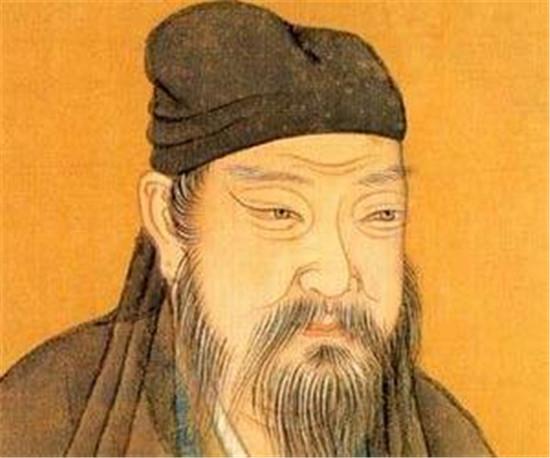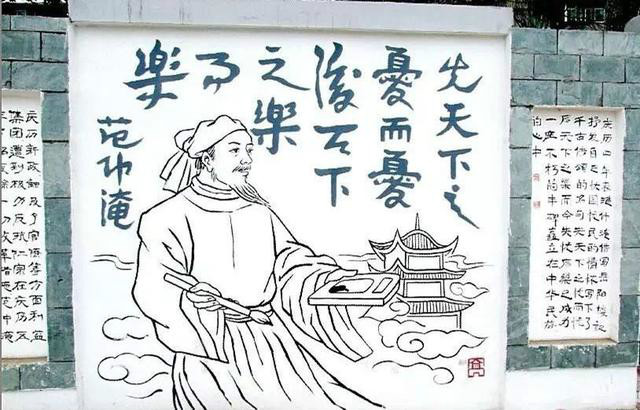What is the Neo-Confucianism in the Song Dynasty?
2 min readNeo-Confucianism is a term for a form of Confucianism that was primarily developed during the Song Dynasty(960-1279).Zhong Dunyi,ChengYi and other scholars initiated this Neo-Confucianism.The challenge of Indian Buddhist metaphysics and Daoist thoughts at the time required that attention be given to a philosophic framework which could explain the world and human nature.
There was considerable debate between various schools of thought,but in the end Zhu Xi’s comprehensive views prevailed,and he became the leader of a new orthodoxy,known in the West as Neo-Confucianism.

In the system of Zhu Xi,everything in the world is constituted by the interaction of two factors;1i,or the form of an object,and qi,or matter.Li was the origin of everything,and it governs the nature and human society.In the feudal ethical code,li consisted of”three cardinal guides and five constant virtues.”The three cardinal guides said,”The prince is the guide of his ministers;the father is the guide of his sons;the husband is the guide of his wife.”The five constant virtues included humanity,rightness,propriety,wisdom,and trustworthiness. Zhu Xi advocated that people maintain the ethical code by abandoning selfish motives and following orders of the feudal rule;and he used those views to interpret Confucian Classics that were traditionally regarded by feudal rulers as orthodox.

Zhu Xi recognized,moreover,that the Confucian system of the time did not include a thoroughgoing metaphysical system.Therefore,he devised one.He believed in gewu,the“investigation of things,”which he understood in a particular sense.In his thought it meant something deeper than the English word implies;it implies something in the nature of personal commitment.Zhu Xi said that“the investigation of things”means that we should seek for“what is above shapes”by hat is within shapes.”

The ethical teachings by Zhu became accepted state philosophy from the Ming to the Qing Dynasty and came to be called Neo-Confucianism.








